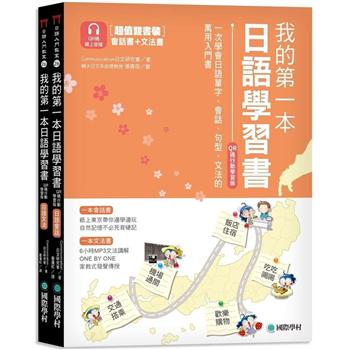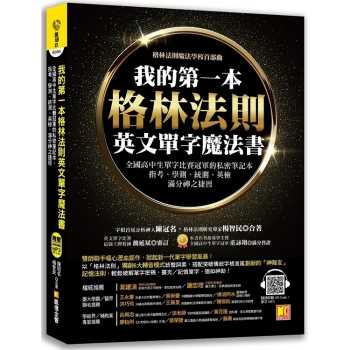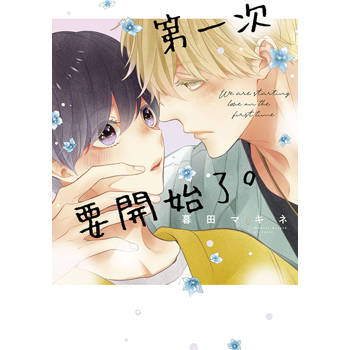This book explores the role of feminist activists in The United Nations Framework Convention on Climate Change and highlights the progress they have made in mainstreaming gender as a key issue in global climate governance.
It is now commonplace for gender to be framed as a political issue in global climate politics within academic scholarship, but there is typically a lack of robust empirical analysis of existing advocacy approaches. Filling this lacuna, Joanna Flavell interrogates the political strategies of the Women and Gender Constituency (WGC) in the UNFCCC (The United Nations Framework Convention on Climate Change). Through a conceptual framework that integrates climate change with intersectional critical inquiry and political practice, Flavell analyses hundreds of historical documents, coupled with interviews and observations from two UNFCCC conferences. This research uncovers a so-far untold story about the history of the UNFCCC that foregrounds gender and feminist advocacy, highlighting the importance of the WGC in shaping dominant narratives of global climate governance through a series of rhetorical and procedural strategies. Overall, the book draws important conclusions around power in global climate governance and opens up new avenues for advancing a feminist green politics.
This volume will be of great interest to students and scholars of environmental justice, climate politics and governance, environmental activism, and gender studies more broadly.
An electronic version of this book, available at www.taylorfrancis.com, has been made available under a Creative Commons Attribution-Non Commercial-No Derivatives 4.0 license, thanks to the support of libraries working with Knowledge Unlatched (KU). KU is a collaborative initiative designed to make high quality books Open Access for the public good. The Open Access ISBN for this book is 9781003306474. More information about the initiative
and links to the Open Access version can be found at www.knowledgeunlatched.org.












